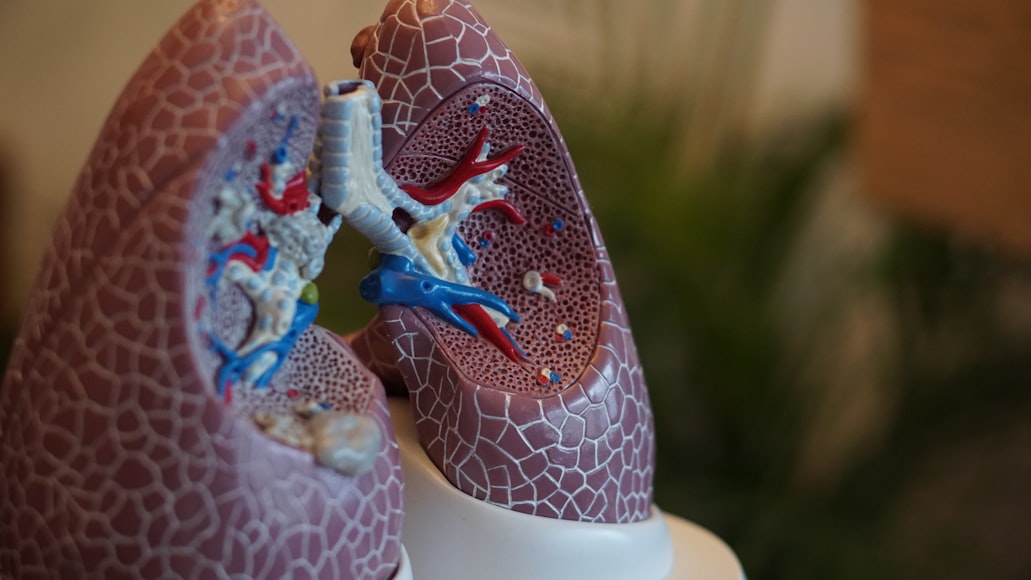Ever wondered why the Mediterranean diet has been named the best diet for five years in a row? And why is it becoming an increasingly popular diet to follow in recent times? Well, it is because the diet consists of fresh vegetables, fruits, legumes, and foods high in unsaturated fats.1
These foods are rich in vitamins and minerals, which fight against damage to our cells.2 This contributes to the prevention of diseases, such as cardiovascular and respiratory diseases. Now let’s look at the Mediterranean diet and its benefits in more detail!
What is the Mediterranean diet?
The Mediterranean diet (Med-Diet) originated in countries along the Mediterranean Sea, including Italy, Greece, and Spain (with some variation).
Mainly, the diet consists of fresh fruits and vegetables, beans, whole grains, fish and other seafood, olive oil, and a reduced intake of red meat and processed food. It is said that, due to the large proportion of fruits and vegetables eaten, the diet is rich in antioxidants which help fight against inflammation.3

The Med-Diet is characterised by:
- higher consumption of plant foods, fish and healthy oils
- moderate intake of low-fat dairy products
- high intake of whole grains; smaller amounts of red meat compared to Western diets
- relatively low alcohol consumption (wine)
- low-to-moderate amounts of oil used for cooking
- higher levels of physical activity than in most Western countries
Respiratory Health
Diseases associated with the respiratory system have increased substantially over the recent years due to increased exposure to air pollution and smoking. According to the NHS, it is the 3rd highest cause of death in the UK.4

Respiratory diseases include asthma and chronic obstructive pulmonary disease (COPD), which is the swelling of the airways, causing breathlessness. Most diseases involve inflammation in the respiratory system, which is where the Mediterranean diet comes into play.
The link between a Mediterranean diet and Respiratory health?
The Mediterranean diet includes large amounts of fruit and vegetables rich in vitamins E and C that act as antioxidants. They help by protecting the respiratory system from damage caused by particles called reactive oxygen species (ROS), which come from pollution and smoke.
ROS cause elevated levels of inflammation and lead to the progression of respiratory diseases, such as asthma. By transitioning to a Mediterranean diet, you can help reduce the risk of developing respiratory diseases as well as maintain good lung health.5
Tips to improve respiratory health
- Include more fruits and vegetables in your diet. These are high in vitamins and minerals in your diet. Even a handful of nuts, such as walnuts, can help protect the lungs, as they are rich in omega-3 fatty acids, which help reduce inflammation.
- Quit smoking. Particles found in cigarettes cause damage to our lungs, which eventually becomes irreversible. It can lead to more severe conditions such as lung cancer. It does not just affect our lungs but our whole body, such as the heart, because the lungs are unable to supply as much oxygen to the heart as they usually would.
- Stay hydrated. Drink up to 6-8 glasses of water each day as this helps to keep our mucus runny and able to wash out any bacteria or viruses, therefore reducing chances of infections.
- Do regular physical activity. This does not mean you have to do high-intensity exercise, but even just a brisk walk or jog can help keep the blood moving and get rid of carbon dioxide in the blood.
- Maintain good hygiene. Wash hands frequently and get fresh air. This is increasingly important in recent times due to the coronavirus pandemic. These steps help reduce levels of transmission and reduce the risk of catching colds and viruses.
- Keep a dehumidifier. This helps to keep the air moist. Dry air can irritate the lungs and increase the chances of triggering asthma attacks.
Summary
For many of us, breathing has become something we rarely think about. We go through our days with little-to-no thought on our respiratory health, but that does not mean it is not important. The length and quality of your life depend on how well you are able to breathe. Thankfully, by making some changes to your lifestyle habits, you can improve your respiratory health.
References:
- NHS (2020) What is a Mediterranean diet? (Accessed: 11/11/2021)
- Sorlí-Aguilar, M., Martín-Luján, F., Santigosa-Ayala, A., Piñol-Moreso, J.L., Flores-Mateo, G., Basora-Gallisà, J., Arija-Val, V. and Solà-Alberich, R. (2015) Effects of mediterranean diet on lung function in smokers: a randomised, parallel and controlled protocol Springer Science and Business Media LLC.
- Guilleminault, L., Williams, E., Scott, H., Berthon, B.S., Jensen, M. and Wood, L.G. (2017) Diet and Asthma: Is It Time to Adapt Our Message? MDPI AG.
- NHS (2020) Respiratory disease. (Accessed: 11/11/2021)
- Berthon, B.S. and Wood, L.G. (2015) 'Nutrition and respiratory health--feature review', Nutrients, 7(3), pp. 1618-1643. doi: 10.3390/nu7031618.







